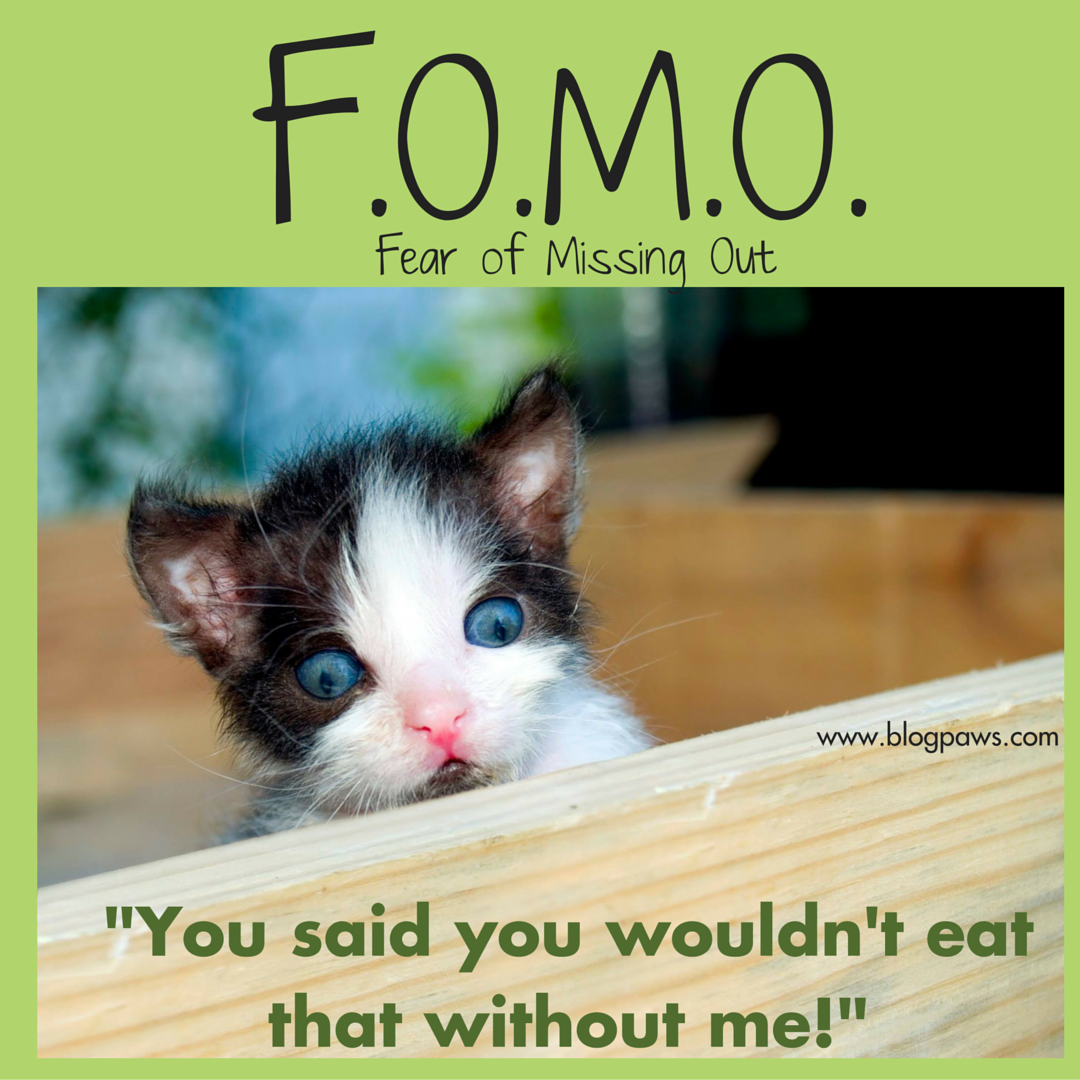Not Your Blog Post! Give it Back!
Here's the thing – blog posts are protected by copyright. Copyright – as in "a set of exclusive rights granted to the author or creator of an original work, including the right to copy, distribute and adapt the work. Copyright does not protect ideas, only their expression. In most jurisdictions copyright arises upon fixation and does not need to be registered."
This means this post belongs to me. Me, Yvonne DiVita, at BlogPaws, cause I wrote it. You did not write it, therefore, please do not copy it and post it on your blog. No, not even with attribution. Before you do such a thing, you should ask. Me. "Can I use your post on copyright?" you might say. And, I might reply, "You may use some of it, with attribution and a link to the post on the blog."
I'm reminded of the seriousness of copyright on the web (and elsewhere) by a discussion with a client. This client is an intelligent person – he has been using the web for awhile – and he has decided to blog. He sent me a blog post with a picture and I asked him where he got the picture. "On Google," he said.
"Is it copyrighted?" I asked.
"Um…probably not," he said. "It was on Google."
ARRRRGGGGHHHHH! Google does not own copyrights! As Lisa Barone notes in this post on her site, "A Quick & Dirty Legal Guide for Bloggers"… "that image you found through Google Images and slapped up on your blog? Yeah, that’s not yours. It belongs to the person who took it. If you need images for your blog, you may take the photos yourself, buy them from a stock photo site or learn how to use Flickr’s Creative Commons photo search. You can’t just swipe them off the Internet. Those belong to people."
Pictures aren't the only thing many otherwise smart people think are "free to use" just because they are on the web. Putting content online does not dismiss copyright! Everything is copyrighted the moment it's put into writing or print or created by an individual. You can't copyright titles – but if the title of a work also represents the work in other areas, the individual may have trademarked it so – be careful when you "steal" titles. Trademark is another story for another day.
Today, suffice it to say that copyright is serious business. What's mine is mine, what's yours is yours, and neither one of us is legally allowed to take the other's work in its entirety, for our purposes. Even if we say where it came from.
I hear you asking about "fair use". Everyone always wants to know what constitutes fair use. Well, if you follow the concept of the word "fair," you're probably safe. However, to be clear, Lisa recommends you visit The Electronic Frontier Foundation where they give a great breakdown of what's fair. NOTE: content on Government sites is freely usable. All of that is in the public domain.
Interestingly, facts are not copyrighted. Reporting facts is allowed. And the fact is, make sure your facts are correct – just because I write something doesn't mean it's true. Double check the facts, which has nothing to do with copyright, it's just good writing.
Another way to use copyright is a Creative Commons License. Visit to learn other options – such as
Attribution-NoDerivs 3.0 Unported:
Attribution — You must attribute the work in the manner specified by the author or licensor (but not in any way that suggests that they endorse you or your use of the work).
What does "Attribute this work" mean?
No Derivative Works — You may not alter, transform, or build upon this work.
And there you have it. A quick overview of copyright. Any questions?



Three cheers for you, Yvonne. If I had a nickel for every time I’ve found one of my articles or blog posts copied on someone else’s site without my permission, I’d be a rich woman. I’ve even had one site scrape my content complete with the copyright notice…duh!!!
You know what…if you want to copy my content, ask me first! I’ll probably say yes if I can. I might even offer to write you an original article to post instead. But copying without asking is NOT cool.
Thanks for this excellent information-we can all use a reminder in this area.
This is great. I’ve only been blogging for two years and appreciate information and resources to which you’ve linked.
And THANK YOU for featuring Hearts 4 Paws as the featured Be the Change story!
I run a local writers’ group and we’ve had lots of discussions about blogs and copyrights and such. Another thing to remember for anyone interested in submitting work for publication in the print world, if it’s been posted on your blog, most print publications consider it previously published and it’s not eligible for many of them.
Thanks for the kudos, all.
@Susan – excellent point! Do know that SOME smart publishers recognize the value of the content and that it can actually get more eyeballs after having been posted online. Some best-selling books were posted chapter by chapter in blogs, first. But, for the most part, print pubs won’t touch’em.
Certainly interesting information, Yvonne. Guess we don’t need to do that podcast on proper attribution and content ownership anymore.
@Kim… but we should, don’t you think? To showcase a “best case” scenario – where two parties worked things out. And discuss cases where maybe they didn’t? Are you game?
I would love to! Always wanted to since you brought it up. I also have a guest post idea I’d like to share with you about working with brands, if you’re interested. 🙂
I write blog posts and articles for a variety of sites, and I have a google alert on my name to catch the plagiarists in action. Sometimes I’m successful at getting them to take down the stolen content and other times, it’s an exhausting battle royale. But NOTHING makes my blood boil more than people who steal content and photos. Ignorance is really no excuse either but I suppose it’s better than the lazy ones who do it knowing it’s wrong.
Great topic and well put. Now, have you got any tips on how I might stop those spiders that are scraping my content and republishing it all over the web?
I find new websites nearly every week that are regularly reposting my entire posts. Most are out of Asia. Two replied to my request to remove my material with “Send me a complete list of each URL (we’re talking hundreds) and I’ll see what I can do.” I did this once and never heard from them again. They still scrape my content.
This is a good article and it’s bookmarked. Also we did a post on it yesterday and gave your link.
http://jansfunnyfarm.blogspot.com/2011/02/sam-on-keys-and-stealing.html
We never heard of scraping before but after reading the above comments, we’re amazed at the nerve some people have.
@Carrie – you can’t stop everyone. Consider it free marketing. Do you have a copyright notice on your blog? If not, add one. That way, IF you’re lucky and can figure out who the culprits are, you can serve them a cease and desist letter – to remove your content.
I would also make note on my site of all the places that are stealing the content. A sort of, “If you read my work at any of these sites, it was not approved to be there.” Some bloggers begin posts with, “If you’re not reading this on [add site url] then the site you’re at has stolen my work.]”
Again, unless they are totally misrepresenting you or your work, I’d let it go and not lose sleep over it. Copyright your site and tell the world how they may use your work. I can tell you that back in school, all those articles and chapters in books that our teachers copied to share with us – were done so illegally. But, seriously, were the publishers or authors going to go around to all the schools and put the teachers in jail???